September 21, 2023
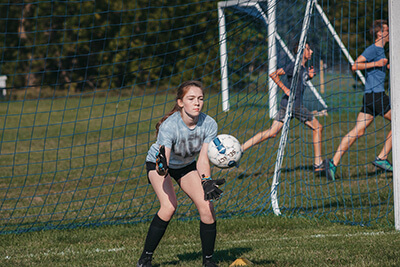 Faculty and Staff Appreciation
Faculty and Staff Appreciation
Tuesday, October 10 – Friday, October 13
The school year is getting into high gear and the first round of Parent/Teacher conferences is coming up. The Parents Association and MPA parents and families are continuing the tradition of donating snacks and treats to help our staff get through conferences and to show our appreciation to all MPA employees. Please consider donating a beverage or snack for Faculty and Staff Appreciation Week. Remember to adhere to MPA Peanut/Tree Nut Policy when choosing snacks. Suggestions can be found on Sign Up Genius. Thank you from the MPA Parents Association! (Contact Tara Lafferty tmattrn@aol.com for questions). Sign up here.
Volunteer in the MPA Garden!
We are looking for volunteers to help with the MPA garden before the weather gets too cold. No previous gardening experience is necessary. No long term commitment is necessary either. We typically meet either Thursday or Friday mornings after drop off, but can also meet at other times as well. If interested, please contact Sara Carroll at smtanaka@gmail.com or Tenia Kalogeropoulou at tenia2@yahoo.com to coordinate.
Volunteer for Homecoming!
Friday, September 29 – Saturday, September 30
The Athletic Department is looking for help during Homecoming Week. Whether you’re a new Kindergarten Family or Seasoned US Parent, we invite you to help our school this Homecoming. MPA needs parents and students to help run the concession stand during MS and US School athletic events. We’re also in need of help to register students at LS workshops, help students on the rock climbing wall, don the Panther Mascot costume, paint faces, and more. Upper School students can earn volunteer hours by participating. MS and LS students are welcome to work in the concession stand with parent supervision. Check it out here.
Lower School Quarterly Coffee
Tuesday, October 3, 8:15-9:45 AM
Meet the new Lower School Director, Ms. Le Varge! The LS Quarterly coffee will be held in the Gallery after drop off, from 8:15-9:45 AM.
Upper School Parent Coffee
Thursday, October 5, 8-9:30 AM
Join us for the first Upper School Coffee of the year. Talk with Mark Segal and other parents about the latest US happenings. We’ll meet in the Porter Conference Room (PCR).
MPA Parents Association Affinity Groups
As part of MPA’s commitment to diversity, equity, inclusion, and belonging, the MPA PA in collaboration with the Office of Equity & Belonging, will begin offering Affinity Groups for parents/caregivers of current MPA students. Affinity Groups help foster a sense of belonging by providing a space for parents and caregivers to connect through shared experience and shared identity. They can also offer group members affirmation, support, and a vehicle for advocacy, especially those identities and experiences which are generally under-represented or frequently misrepresented in dominant culture and discourse.
Who leads affinity groups?
Affinity Group discussions are led by parent volunteers who work closely with the PA DEI Committee and MPA staff to manage meeting logistics, support member participation and group cohesion, and provide periodic feedback and/or suggestions during scheduled MPA PA DEI Committee meetings. Parents who are interested in volunteering as a group leader can complete this form.
Who can join?
Participation in affinity groups will require that a parent/caregiver self-identify with specific affinities detailed in each group’s description. This also holds true for volunteer parent leaders.
When and where are group meetings?
Initial affinity group meetings dates/times will be scheduled at the discretion of the PA and MPA staff, and based on the availability of space. It is expected that meetings will take place at MPA or virtually when appropriate. Following initial meetings, changes to dates/times and location will be based on group consensus, while ensuring that maximizing participation remains the top priority.
How are groups created?
Affinity groups are established to meet specific needs within the MPA community. At any point, families can request the formation of a new affinity group using this FORM. All submissions for new affinity groups will be reviewed by the PA and Equity & Belonging Office and a follow-up meeting will be scheduled with the requestor(s) to learn more about the desired group. It must be determined that there is both enough interest within the community and that someone is willing to lead the group before final approval of a new group. Following approval by the PA, a new group will work with MPA staff to plan logistics for the initial meeting. Parent Affinity Group Form.
 This message is from MPA’s Office of Admission from the September 21, 2023 issue of InsideMPA.
This message is from MPA’s Office of Admission from the September 21, 2023 issue of InsideMPA. 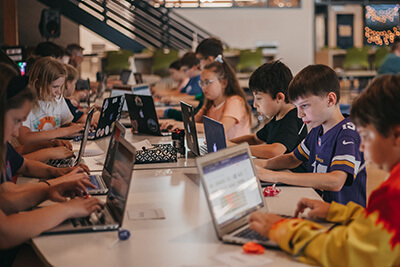 Please join us for a parent training!
Please join us for a parent training!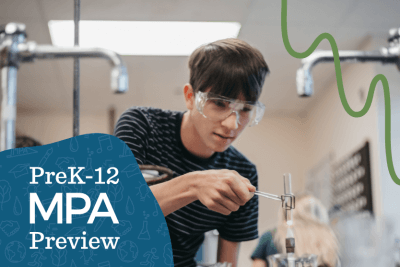 Discover something remarkable at the PreK-12 MPA Preview on Sunday, November 5, 2-4 PM–our largest PreK-12 admission event of the year!
Discover something remarkable at the PreK-12 MPA Preview on Sunday, November 5, 2-4 PM–our largest PreK-12 admission event of the year!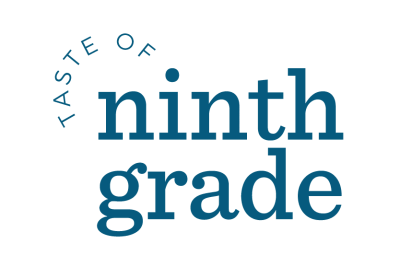 For families exploring ninth grade at MPA, we have a special pre-event immediately before the November 5 MPA Preview. The Taste of Ninth Grade is a lunch event for specifically for prospective ninth graders and their families. This event is your opportunity to learn more about MPA’s ninth grade program specifically. Students will engage in an activity to help them determine their school search priorities, while parents participate in an Upper School Leadership Q&A and hear from MPA’s school psychologist about parenting through the Upper School years.
For families exploring ninth grade at MPA, we have a special pre-event immediately before the November 5 MPA Preview. The Taste of Ninth Grade is a lunch event for specifically for prospective ninth graders and their families. This event is your opportunity to learn more about MPA’s ninth grade program specifically. Students will engage in an activity to help them determine their school search priorities, while parents participate in an Upper School Leadership Q&A and hear from MPA’s school psychologist about parenting through the Upper School years.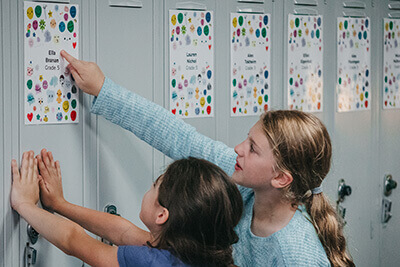 MPA is delighted to announce that the admission application for new students to join us in the fall of 2024 will open on Friday, September 15!
MPA is delighted to announce that the admission application for new students to join us in the fall of 2024 will open on Friday, September 15! Homecoming is quickly approaching with festivities planned for September 26-30! We have several ways for you and your student to get involved in this year’s slate of events.
Homecoming is quickly approaching with festivities planned for September 26-30! We have several ways for you and your student to get involved in this year’s slate of events. We are excited to host our annual celebration of Lower School and Middle School students and their special guests on Wednesday, October 18.
We are excited to host our annual celebration of Lower School and Middle School students and their special guests on Wednesday, October 18. from Bill Hudson, head of school
from Bill Hudson, head of school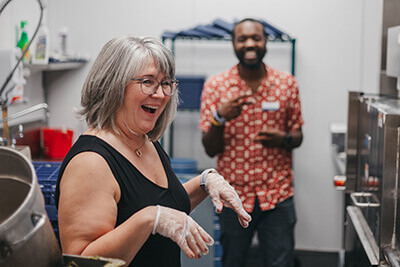 Faculty and Staff Appreciation
Faculty and Staff Appreciation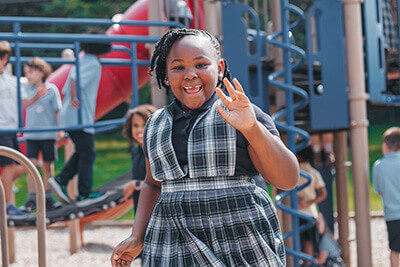 from Dr. Bill Hudson, head of school
from Dr. Bill Hudson, head of school